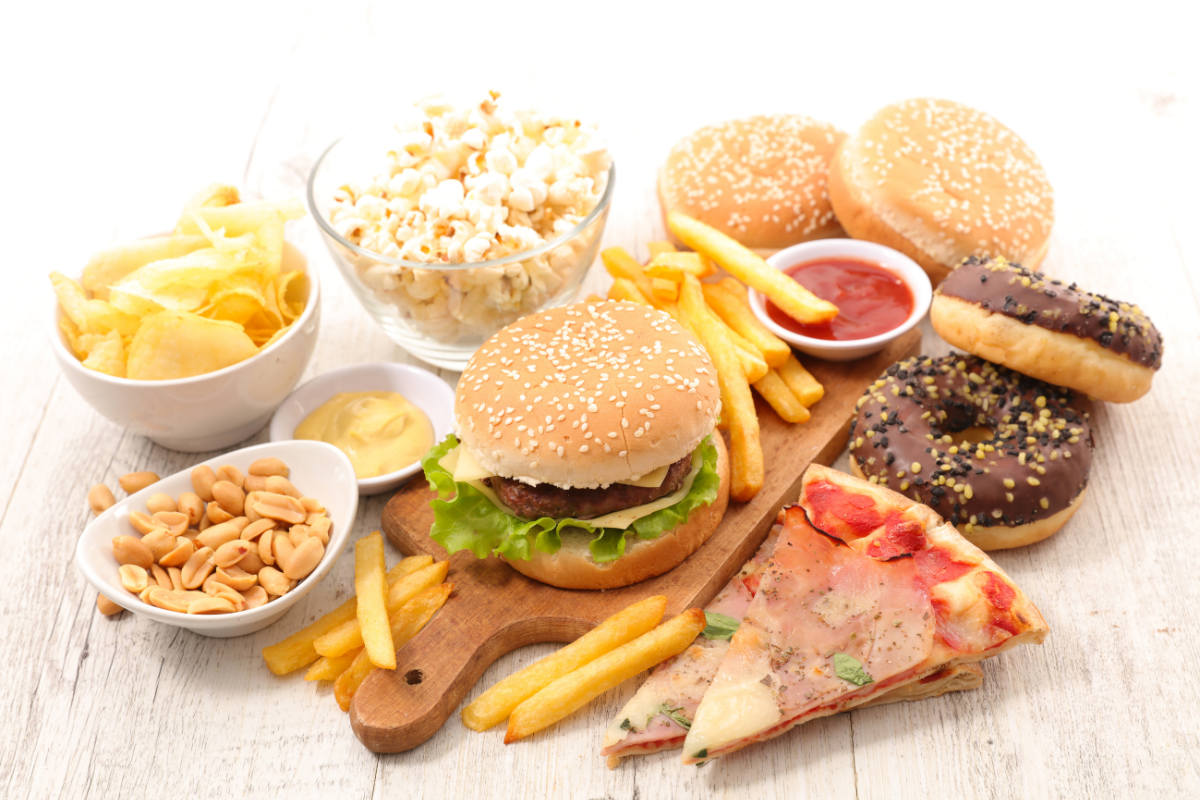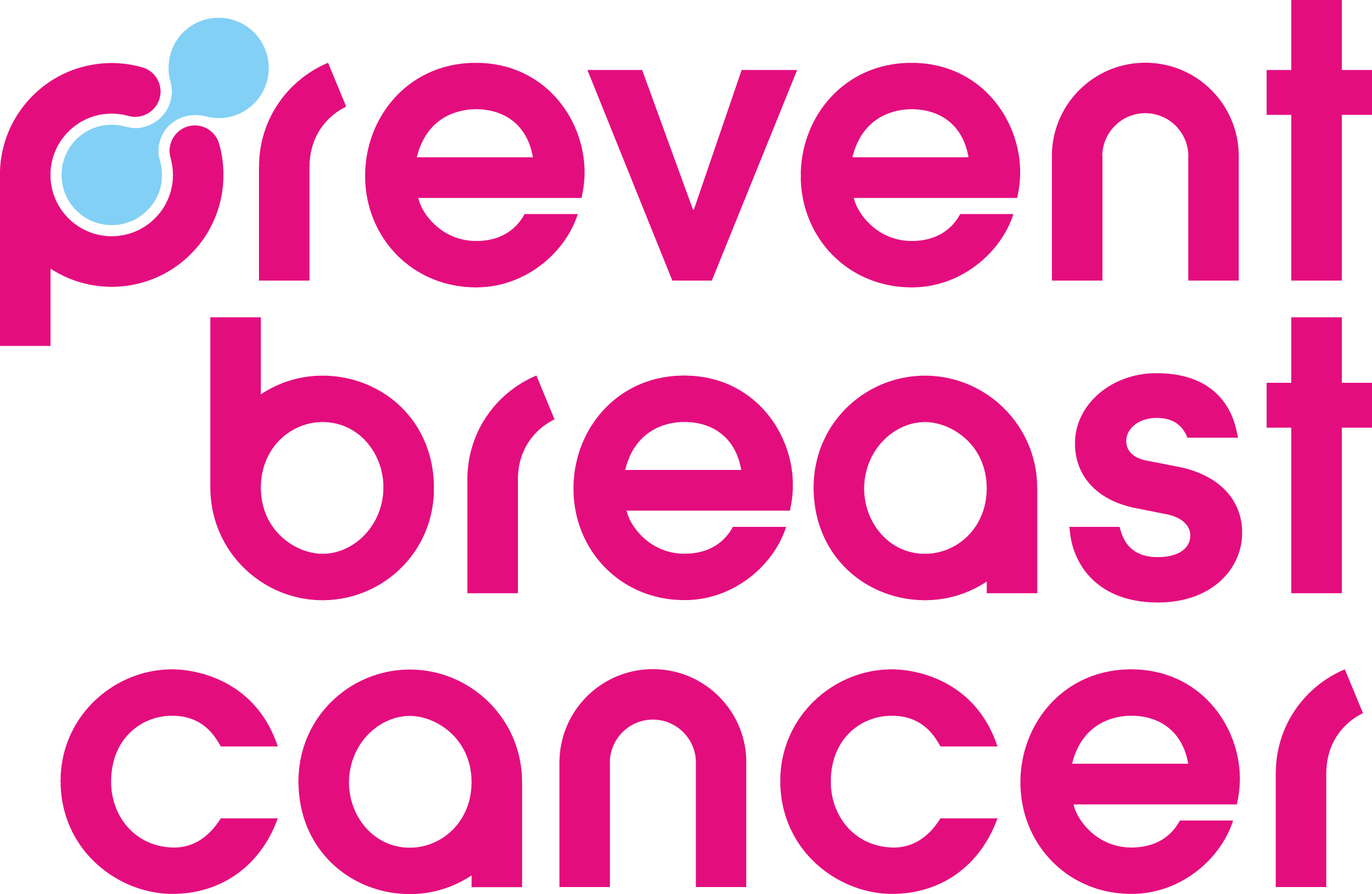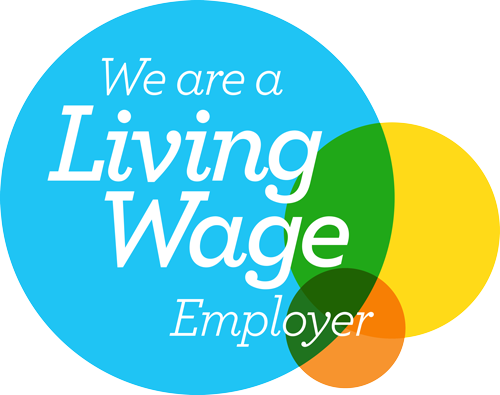This post combines two blogs that were first published in 2015 and 2018, but have been reviewed in January 2023.
Research Dietitian, Dr Michelle Harvie, has shared her views around the link between processed meat and cancer:
What research has been reported on processed food and cancer?
In 2018, BBC headlines highlighted research in which ultra-processed foods have been ‘linked to cancer.’
The study included 104,980 French adults who reported on their dietary intake and whether they subsequently developed cancer in the following 5 years. Ultra-processed food in this study included packaged bread, sweet or savoury packaged snacks, sweets, fizzy drinks, meat and fish products, ready meals, instant soups or sauces and desserts. These foods accounted for between 10 and 25% of the food eaten.
People eating more of these foods developed more cancers, including breast cancer. For every extra 10% of daily food intake from these foods there was a 12% greater chance of developing any cancer and 11% greater chance of developing breast cancer after the menopause. Breast cancer seemed to be strongly linked to the sugary products.
In 2015, a World Health Organisation (WHO) report classified processed meats as a carcinogen linked to the development of bowel cancer and stomach cancer. This conclusion was reached by a panel of expert scientists who reviewed 18 large population studies and found 12 out of these reported higher levels of bowel cancer amongst people eating higher levels of processed meat.
Processed meats are mainly beef and pork products which have been processed mainly by salting, curing or smoking and includes foods like bacon, sausages, ham and salami. Typically, every extra 350 g/week increased the risk by 18%. Other research has recently linked processed meat to increased risks of heart disease and stroke.
The panel reviewed evidence of processed meat and risk of developing a large number of cancers including breast cancer but did not find good evidence of links.
So, should we stop buying processed foods?
The research from 2018 highlighted a potential issue with ultra-processed food, however, is hard to pinpoint cancer to these foods.
Firstly, the ultra-processed food eaters tended to be less healthy overall and more likely to be smokers and sedentary and have higher energy intakes and were likely to be gaining weight which are all risk factors for breast cancer.
The ultra-processed foods include a large range of foods which could be specifically linked to cancer, but the study does not tell us if which if any have a role. Is it the high sugar or high fat foods, specific food additives, or the plastic packaging? Ultra-processed foods often make people overeat and are a factor in weight gain, which increases cancer risk. Ultra-processed food eaters are often have low intakes of unprocessed fresh foods like fruit, vegetables, and wholegrains. These diets which are low in fibre and plant-based nutrients leading to unhealthy balance of bacteria in the bowel (a sub-optimal gut flora) which may be one of the factors driving ill health and cancer risk.
More research is needed into the association of chemical compounds in the ultra -processed foods and cancer risk. Until we have the answers to these questions the best advice is to follow a healthy Mediterranean-style diet which includes a wide variety of foods including wholegrains, fruit and vegetables, lean protein foods, nuts, and oils, and which limits high sugar high energy foods. These foods are part of our protection to developing cancer.
What is the take home message?
Cancer is not going to be prevented by avoiding one certain food or including another. This is the case for breast cancer where risk is best reduced by an overall healthy lifestyle i.e., maintaining a healthy weight, taking regular exercise, limiting alcohol. These factors will also decrease the risks of many other cancers including bowel cancer.
This warning about processed meats and bowel cancer risk needs to be in perspective. Research has highlighted more cases of bowel cancer amongst people who eat a lot of processed meat, but these links are nowhere near as strong as the links between smoking and cancer. Eating a portion of processed meat each day of the week will increase the risk of bowel cancer by 20% whilst smoking 10 cigarettes per day increases risk of lung cancer by 800%. Including occasional portions of processed meat as part of an overall healthy balanced diet (high in fibre, fruit and vegetables, vitamins and minerals) and lifestyle are unlikely to be harmful to health.
The panel were unable to make recommendations about fresh red meat and cancer, as the evidence was not conclusive. However, an overall healthy diet to reduce risk of heart disease or stroke should limit red meat (i.e., beef, pork and lamb) to less than 450g or 3 portions per week.
Researchers at Prevent Breast Cancer carry out studies into how diet and lifestyle factors affect the risk of developing breast cancer. Find out more about Prevent Breast Cancer’s research today.
About Prevent Breast Cancer
Prevent Breast Cancer is the only UK charity entirely dedicated to the prediction and prevention of breast cancer – we’re committed to freeing the world from the disease altogether. Unlike many cancer charities, we’re focused on preventing, rather than curing. Promoting early diagnosis, screening and lifestyle changes, we believe we can stop the problem before it starts. And being situated at the only breast cancer prevention centre in the UK, we’re right at the front-line in the fight against the disease. Join us today and help us create a future free from breast cancer. If you have any questions or concerns, email us today.




